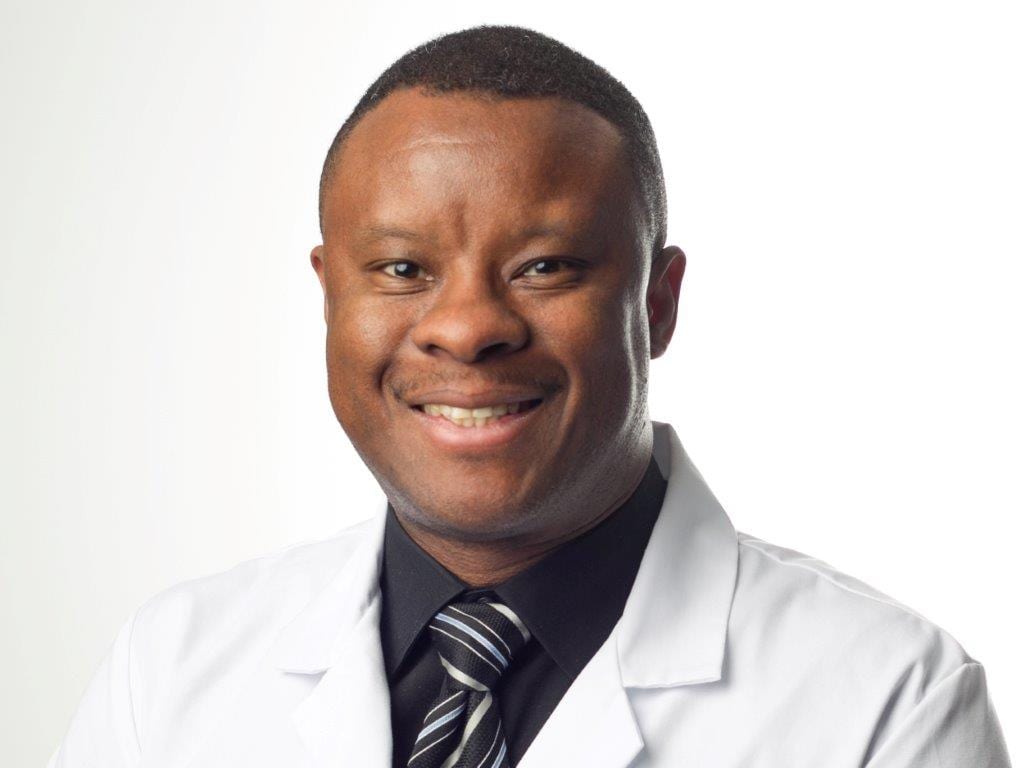As we all enjoy and learn a great deal during Black History Month this February, let’s also remember that this is when we annually recognize the American Heart Association’s Heart Health Month, which should be especially relevant for all Black Americans.
The reason for that is, according to the U.S. Department of Health and Human Services, African Americans are 30% more likely to die from heart disease than non-Hispanic whites.
Differences in exposure to the environment and habits between Blacks and whites have been explored to help explain their differential prevalence of hypertension. Many potential reasons have been reported, such as socioeconomic status, dietary habits, excessive stress and health behaviors.
High blood pressure, or hypertension, increases the risk for heart disease and stroke, and is highest among African Americans—more than any other population in the world, according to the American Heart Association (AHA). When high blood pressure goes unchecked for a long period of time, it can wreak havoc on a person’s heart and arteries. The danger with high blood pressure is that the damage occurs over time, which too often goes undiagnosed.
African Americans are disproportionately affected by obesity, according to the AHA, and are more likely to have diabetes than non-Hispanic whites. Both predispose someone to having high cholesterol and blood pressure, which increases the risk for heart disease. Obesity and diabetes are complex but amendable risk factors that require a doctor and dietitian to properly address.
Symptoms of heart failure include unexplained shortness of breath, difficulty lying down at night without feeling short of breath, and swelling in the legs. For coronary artery disease, a condition in which the arteries become narrow and constricted, symptoms include chest pain, chest pressure, or discomfort in the neck or jaw.
A stroke occurs when there’s a blocked or ruptured artery. Sometimes called a brain attack, strokes happen when something blocks blood supply to part of the brain or when a blood vessel in the brain bursts. In either case, parts of the brain become damaged or die.
Eskenazi Health offers a number of programs and services to help with a person’s heart health. Programs include Eskenazi Health Healthy Me, nutrition education and a stroke center that offers comprehensive care, including prevention, diagnosis, and acute treatment for stroke.
Drawing on decades of experience in stroke treatment and prevention, the Eskenazi Health Stroke Center staff immediately jumps into action when a patient experiencing stroke symptoms arrives. The stroke team consists of certified vascular neurologists, neurosurgeons, interventional neuroradiologists, neurointensivist and board-certified stroke registered nurses.
It is always important you have a primary care physician and to schedule regular appointments to review your heart health. Please call Eskenazi Health Connections at 317.880.7666 or visit www.eskenazihealth.edu to find a primary care provider.
Broderick Rhyant, M.D.
Chief Physician Executive with Eskenazi Health Center Forest Manor








